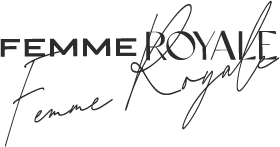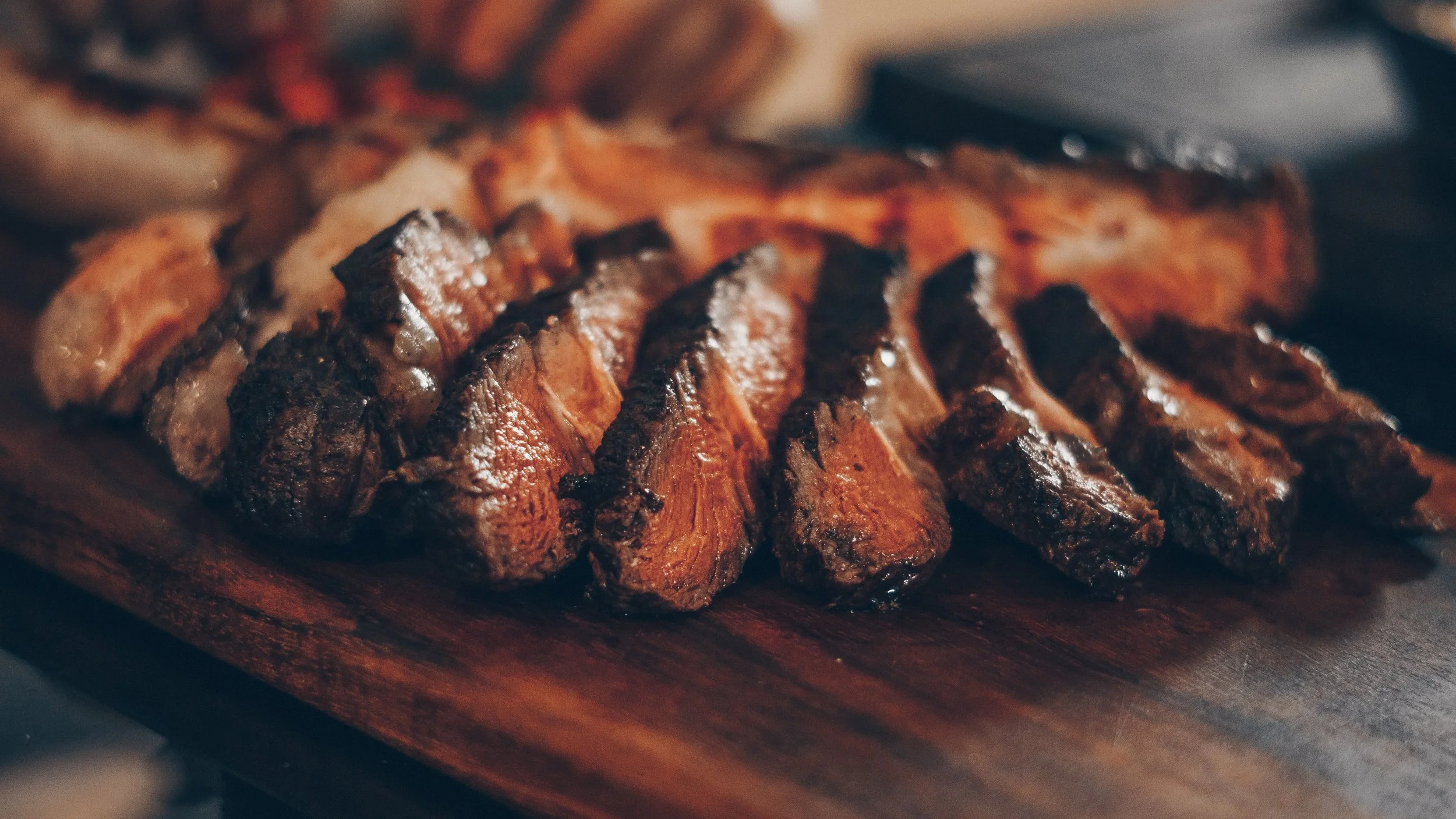6 reasons why protein is important for muscle growth
protein is crucial for muscle growth because it provides the building blocks necessary for the repair and growth of muscle tissues. when you engage in activities that place stress on your muscles, such as resistance training or exercise, small tears occur in the muscle fibers. to repair and rebuild these damaged muscle fibers, your body requires amino acids, which are the individual units that make up proteins.
here's why protein is essential for muscle growth ::
amino acid supply :: proteins are composed of amino acids, and these amino acids are essential for muscle protein synthesis (MPS). MPS is the process through which your body repairs and builds new muscle fibers. consuming an adequate amount of protein ensures a steady supply of amino acids for this process.
muscle recovery :: after a workout, your muscles need to recover. protein helps in reducing muscle soreness and inflammation, allowing you to recover more quickly and continue training effectively.
muscle hypertrophy :: muscle growth, also known as hypertrophy, occurs when the rate of muscle protein synthesis exceeds the rate of muscle protein breakdown. protein intake, especially after resistance training, can stimulate muscle protein synthesis, helping to achieve muscle growth.
nitrogen balance :: adequate protein intake helps maintain a positive nitrogen balance in the body. a positive nitrogen balance indicates that your body is in an anabolic state, where it's building more muscle than it's breaking down.
energy production :: protein can also serve as an energy source during prolonged exercise or periods of calorie restriction. this allows your body to preserve muscle tissue and use protein as an energy source, sparing your muscles from being broken down for energy.
satiety and weight management :: protein-rich foods tend to be more filling, which can help control appetite and calorie intake. maintaining a healthy body weight is essential for overall fitness and muscle development.
to support muscle growth, it's essential to consume an adequate amount of protein through your diet. the recommended protein intake varies depending on factors such as age, sex, activity level, and specific fitness goals, but a general guideline is to aim for around 1.2 to 2.2 grams of protein per kilogram of body weight per day for individuals engaged in regular resistance training.
it's worth noting that while protein is crucial, a balanced diet that includes carbohydrates, fats, vitamins, and minerals is also essential for overall health and muscle growth. additionally, a proper workout routine that includes resistance training and progressive overload is necessary to maximize the benefits of protein for muscle development.

